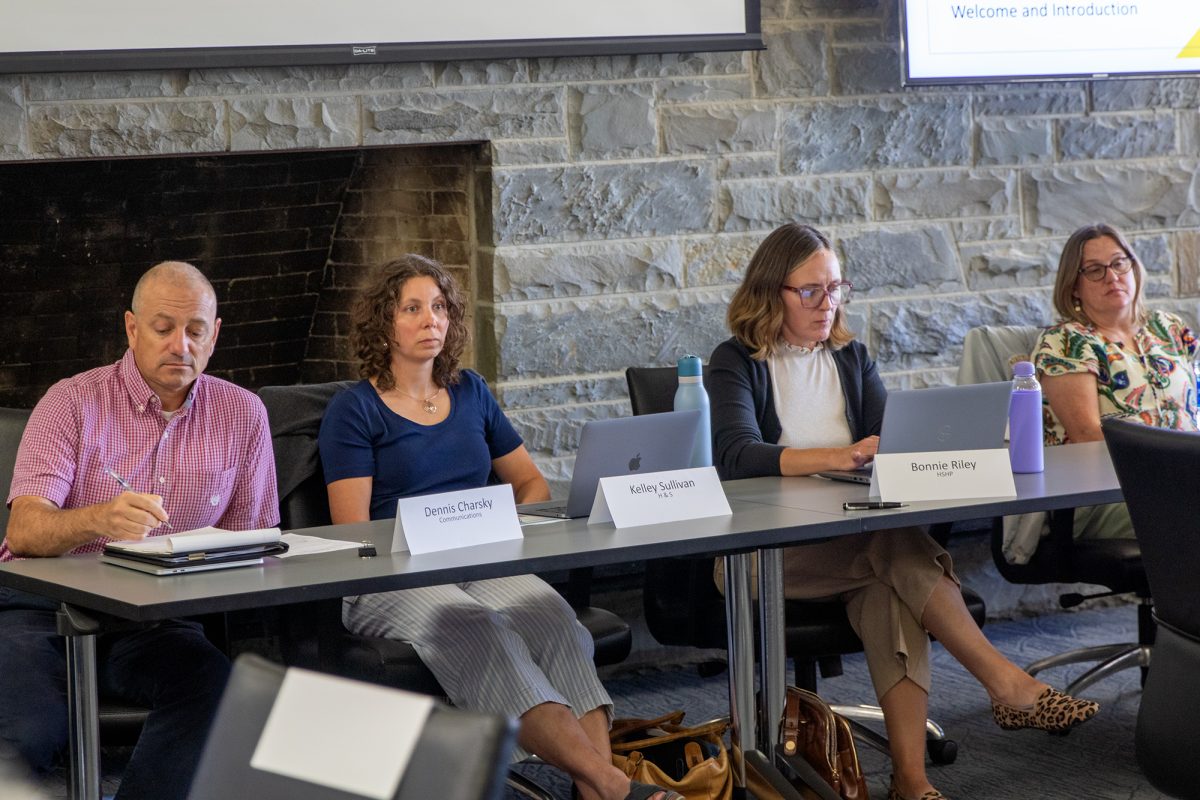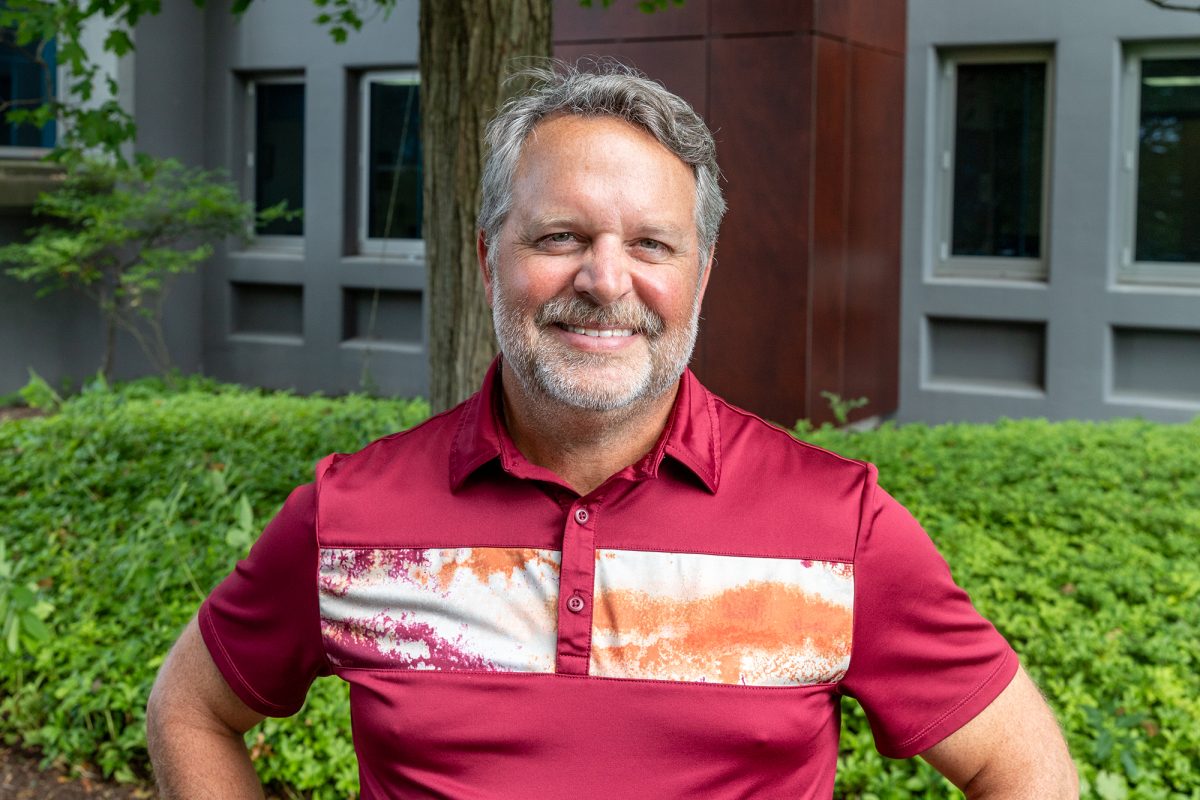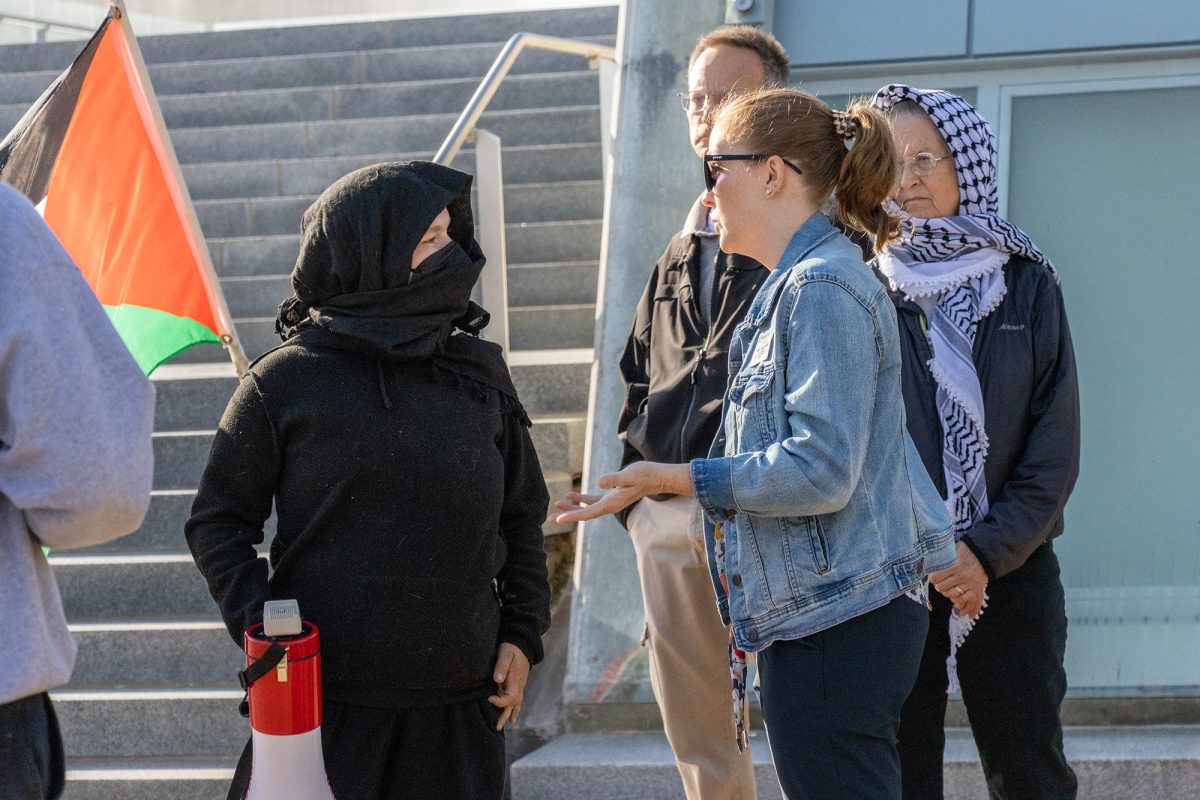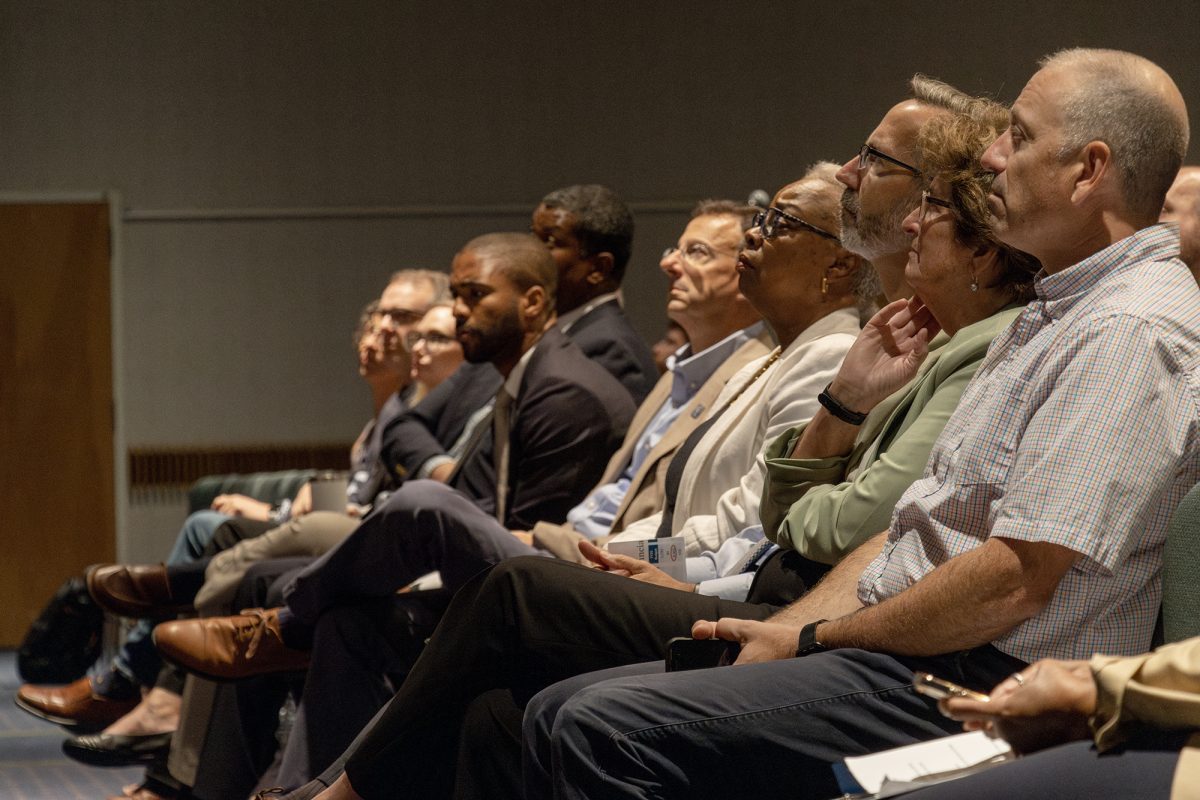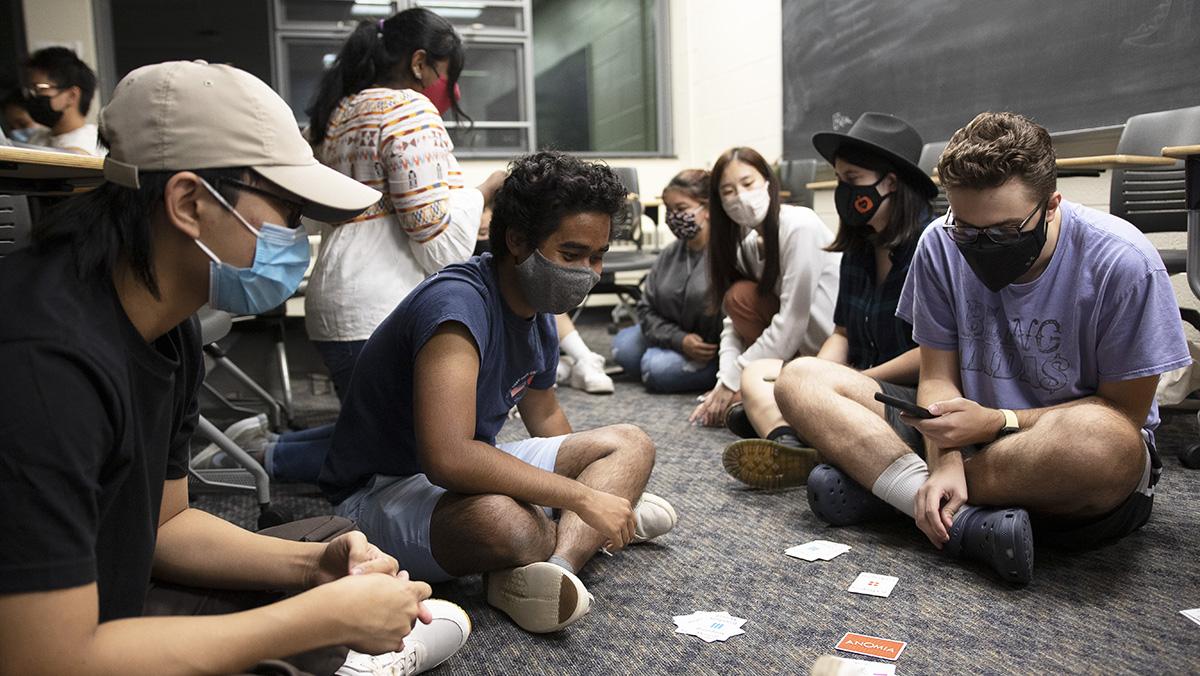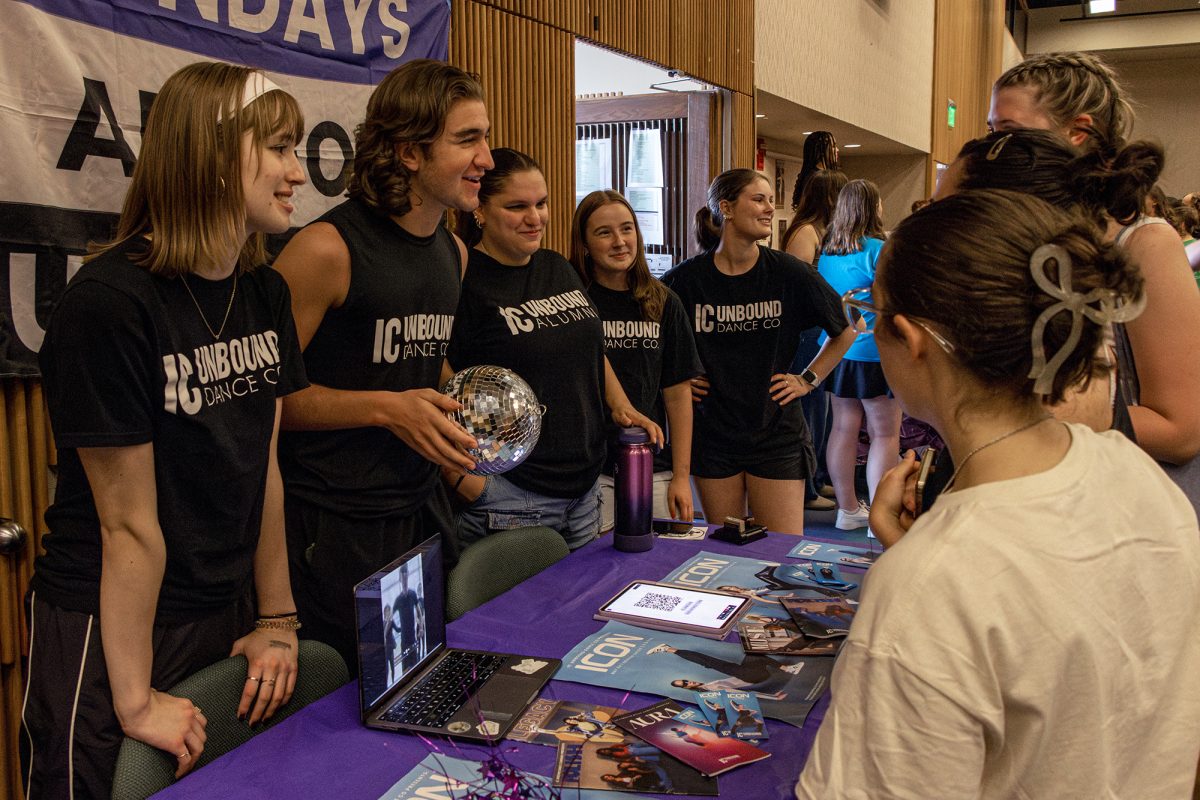Barney Beins, professor and chair of the psychology department, was awarded the Charles L. Brewer Distinguished Teaching of Psychology award in August by the American Psychological Association. Beins has taught at Ithaca College since 1986 and has been chair of the psychology department since 2003.
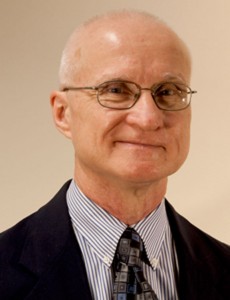
Staff Writer Nathan Bickell spoke with Beins about the award and his new research on the psychology of humor.
Nathan Bickell: How did it feel to win the Charles L. Brewer Distinguished Teaching of Psychology award?
Barney Beins: It was quite an honor because it is recognition both from colleagues and professionals in the field, with support from students who write letters. … It’s a wonderful award to win. I look around at some of the people who have won the award in previous years, and it’s an outstanding collection of people. I’m proud to be included among them.
NB: The award citation called you a “teacher’s teacher.” What do you think that means?
BB: People have said that I teach teachers. I do a lot of work with faculty. Some of the students do go on to be teachers and some have gotten Ph.D.s and started academic careers, and I’m proud of that fact. But I also do a lot of professional development for other teachers.
NB: How would you say your teaching style has changed since you began teaching at the college in 1986?
BB: I’ve incorporated students more into the dynamics of the classroom. When I first came here, what I did — which is what most everybody did — was simply lecture. Over the years I’ve become more convinced — along with the rest of the academic community — that students who are active in the classroom tend to learn more. So I’ve tried to generate more activity and more students taking control over their own learning.
NB: What would be an example of students taking more control?
BB: On my research team, rather than having me develop the research project, I tell my students, “Here is the question we ask. How do we answer it?” I’ll break them down into groups, and they’ll develop a research protocol that we talk about. The students become invested in their own research. They learn by doing it.
Check this Thursday’s issue for the full interview.



